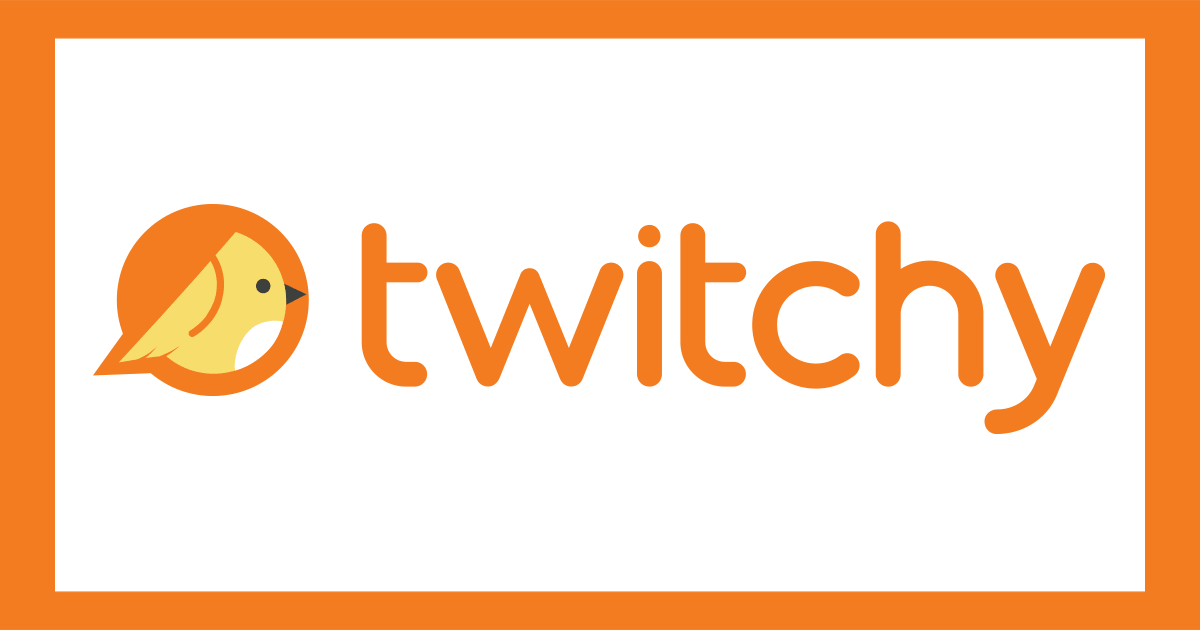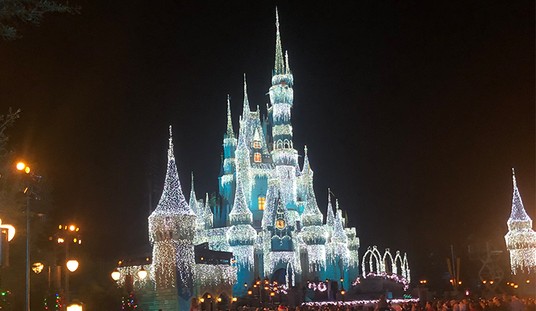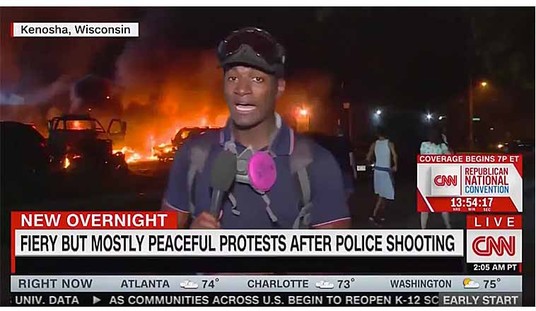This weekend at Howard University’s commencement, President Obama didn’t hesitate to address the graduates of the historically black college on matters of race and pride.
"Be confident in your heritage. Be confident in your Blackness." @POTUS #HowardU16 pic.twitter.com/6ohgFYNYpN
— AfAmEd Initiative (@AfAmEducation) May 7, 2016
"Remember the tie that does bind us as African Americans: That is is our particular awareness of injustice, unfairness, & struggle." —@POTUS
— White House Archived (@ObamaWhiteHouse) May 7, 2016
Call it privilege, but apparently the major struggle whites face today has to do with deciding which hue of emoji to pick to represent themselves. The Atlantic on Monday published Andrew McGill’s findings into why so few people choose the lightest skin tone when composing their text messages and tweets.
Why white people don't use white emoji https://t.co/Bj1d820Dx0 pic.twitter.com/IALVIFNjxg
— The Atlantic (@TheAtlantic) May 9, 2016
By McGill’s calculation, fewer than 20 percent of emoji that appear on Twitter use the lightest skin tone, and subjectively he admits that even though he’s white, his own brief adoption of the lightest hued symbols “felt … weird.”
But enough of the quantitative analysis. McGill’s theory is that the prevalence of mid-tones on social media may signal “a squeamishness on the part of white people”:
The folks I talked to before writing this story said it felt awkward to use an affirmatively white emoji; at a time when skin-tone modifiers are used to assert racial identity, proclaiming whiteness felt uncomfortably close to displaying “white pride,” with all the baggage of intolerance that carries. At the same time, they said, it feels like co-opting something that doesn’t exactly belong to white people—weren’t skin-tone modifiers designed so people of color would be represented online?
The crux of the matter? “White people don’t have to use racemoji or risk denying their identity,” McGill concludes.
Please, discuss this theory amongst yourselves in the nonjudgmental safe space below.
Time to build a new society. @TheAtlantic pic.twitter.com/mviJyuZk3q
— Hate Speech Monitor (@HiEnergi) May 9, 2016
https://twitter.com/mar67760521/status/729854830768852992
@TheAtlantic Perhaps white people don't give a shit about emoji color
— Kristian Angyal (@kristianangyal) May 9, 2016
@TheAtlantic I can say, without a doubt, this was the dumbest thing I've ever read.
— Follow Up News (@FollowUpNewsGuy) May 9, 2016
https://twitter.com/Keef_Diddly/status/729757115716407296
























Join the conversation as a VIP Member